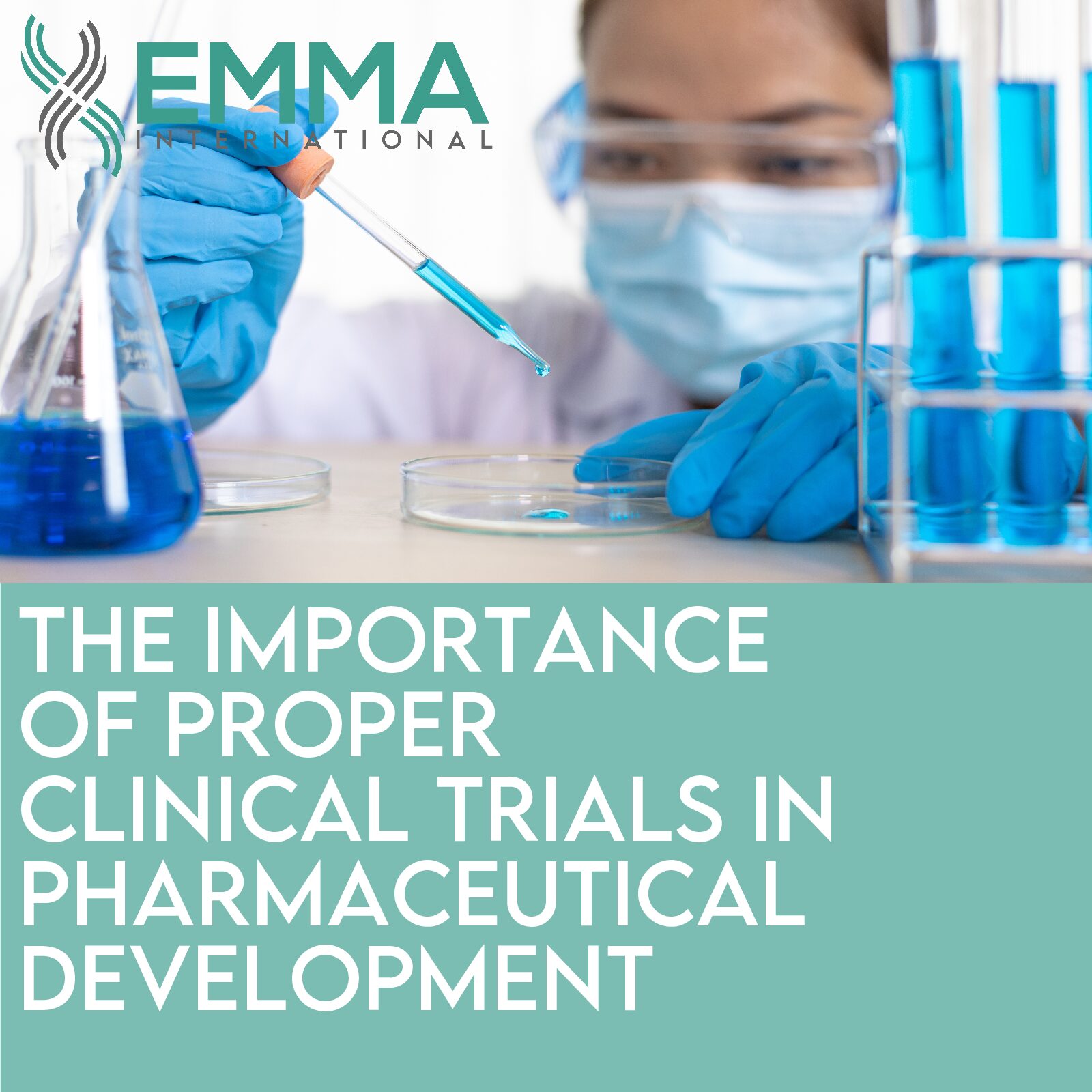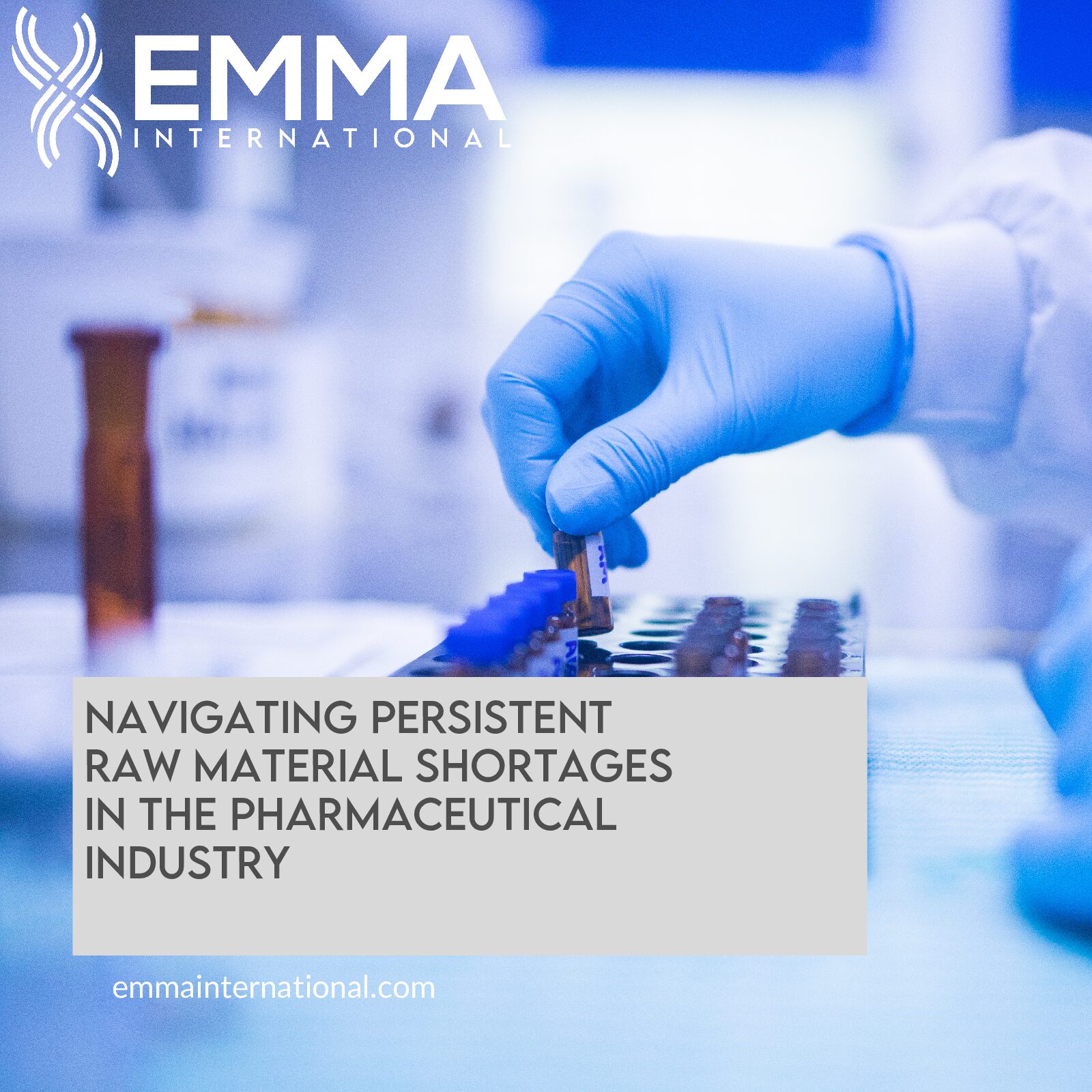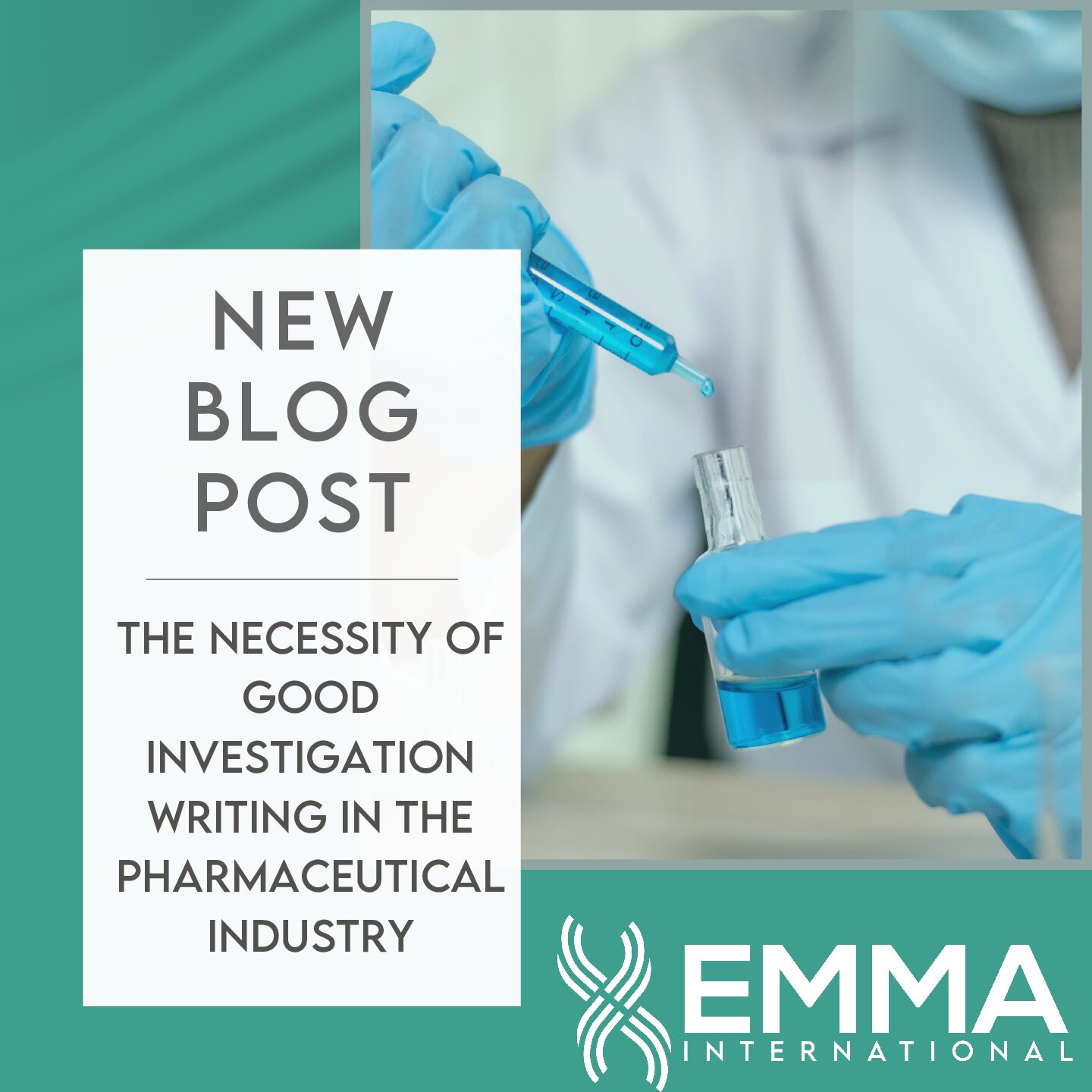The intersection of HIPAA compliance and FDA reporting can sometimes present a unique challenge for pharmaceutical and medical device companies. Both frameworks prioritize public health and safety, yet they operate with distinct mandates. The Health Insurance Portability and Accountability Act (HIPAA) focuses on safeguarding protected health information (PHI) [1], while the FDA emphasizes the safety, efficacy, and quality of medical products [2]. Balancing these two requirements is essential for companies involved in clinical trials, adverse event reporting, and post-market surveillance.
HIPAA compliance revolves around the protection of PHI, which includes any information that can identify an individual and relates to their health status, healthcare provision, or payment for healthcare. The FDA, on the other hand, often requires access to patient data during adverse event reporting or clinical trials to evaluate the safety and effectiveness of products. This can create a potential conflict between protecting patient confidentiality and fulfilling FDA reporting obligations. Companies must navigate this delicate balance without compromising regulatory requirement. One critical aspect of maintaining compliance is understanding the distinction between de-identified data and PHI. De-identified data, which removes all identifiers that could link information to an individual, is not subject to HIPAA regulations and can be freely shared with the FDA.
Training and education also play a vital role in achieving compliance. Employees must be well-versed in both HIPAA and FDA regulations to understand the nuances of handling patient data during reporting processes. Establishing clear policies and protocols, supported by robust training programs, minimizes the risk of non-compliance. Advanced technologies, such as encryption tools and access-controlled databases, can further enhance data security and ensure that PHI is adequately protected during FDA submissions.
A notable example of the intersection between HIPAA and FDA compliance is during clinical trials. Clinical trial sponsors must report safety concerns to the FDA promptly, but patient data involved in these reports often falls under HIPAA protection. By utilizing de-identification techniques where possible and implementing secure data management practices, sponsors can fulfill FDA requirements while adhering to HIPAA standards.
The consequences of non-compliance with HIPAA or FDA regulations are significant, ranging from financial penalties to reputational damage. Regulatory agencies take violations seriously, particularly when patient privacy or safety is at risk. Companies must remain vigilant, implementing comprehensive compliance strategies that address both frameworks. Regular audits, internal reviews, and updates to compliance programs ensure that evolving regulations and operational challenges are consistently addressed.
HIPAA compliance and FDA reporting are integral to maintaining public trust and regulatory approval in the life sciences sector. Companies that adopt a proactive approach, integrating data privacy measures into their FDA reporting processes, can effectively navigate this complex landscape. At EMMA International, we specialize in helping organizations streamline their compliance efforts, providing tailored solutions that ensure both HIPAA and FDA requirements are met. From training programs to process audits, our experts are here to support your team in achieving regulatory success while safeguarding patient privacy.
EMMA International is here to provide full-circle solutions for all aspects of HIPAA compliance. Give us a call at 248-987-4497 or email us at info@emmainternational.com to learn more about how EMMA International can take the stress out of quality and regulatory compliance!
[1] CDC (2024) Health Insurance Portability and Accountability Act of 1996 (HIPAA), Retrieved on 1 December from: https://www.cdc.gov/phlp/php/resources/health-insurance-portability-and-accountability-act-of-1996-hipaa.html
[2] FDA (2019) Safety, Efficacy, and Quality Remain Top Priorities as We Continue Our Work to Expand Access to Cost-Saving Generic Drugs for the American Public, Retrieved on 1 December from: https://www.fda.gov/news-events/fda-voices/safety-efficacy-and-quality-remain-top-priorities-we-continue-our-work-expand-access-cost-saving





